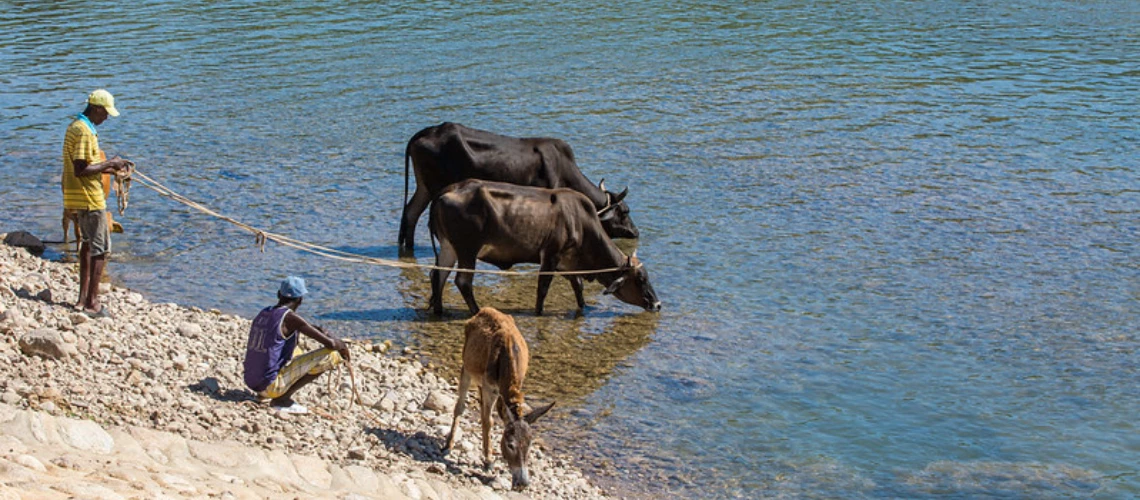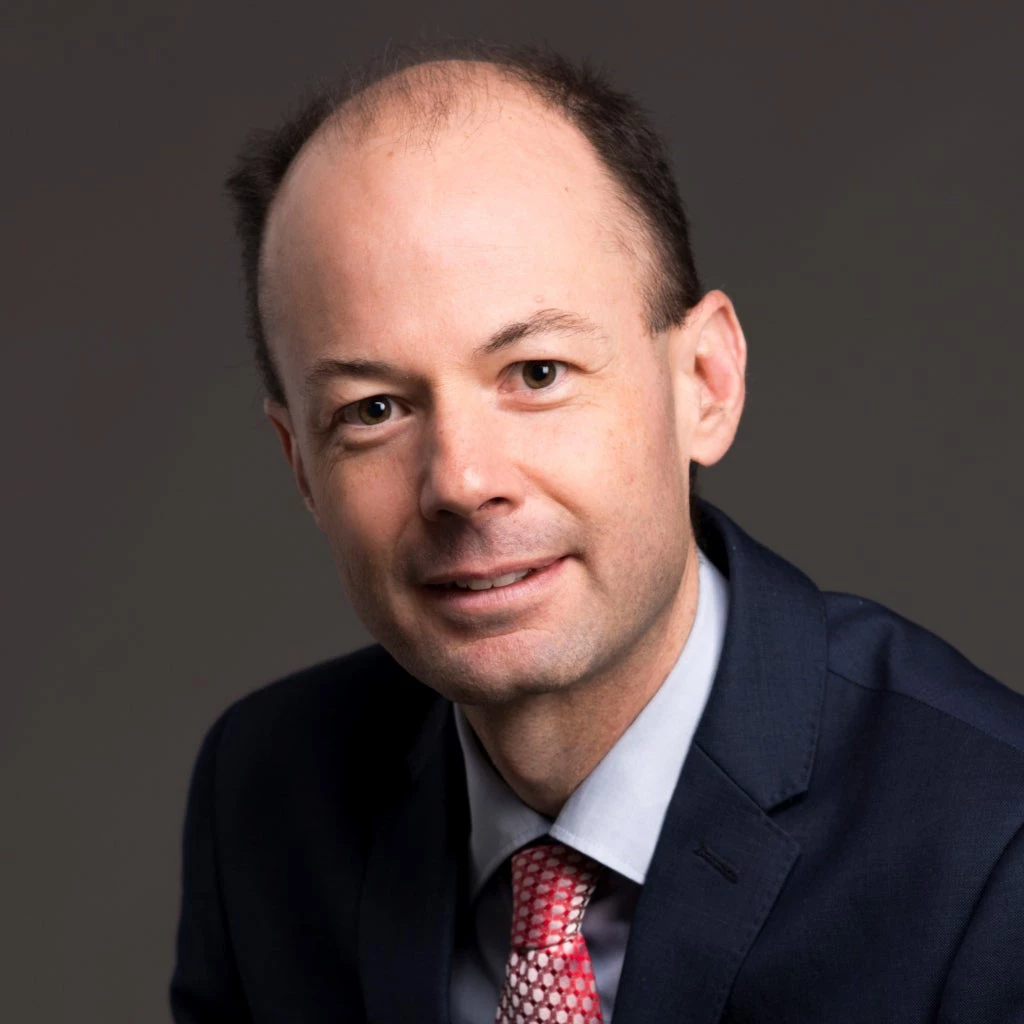
One year ago, the World Bank released a call for action on behalf of Latin America’s 166 million people without safe water, 443 million people without safe sanitation, and the 150 million people living in water scarce areas. The call built on our recent Water Matters report that highlights the key water challenges in the region and provides strategic policy recommendations for decision-makers. But more importantly, it also reflected our commitment to people such as and María de los Ángeles, who are inspiring change in their communities in Colombia through dedication to peace, inclusivity, sustainability, and resilience.
As we celebrate this year’s World Water Day (WWD) under the topic “Leveraging Water for Peace”, we wanted to reflect on the journey since. As we know, this is an El Niño year and things have not gotten better. Notably, the occurrence of floods has underscored the profound impacts of climate variability on human health, leading to major outbreaks of dengue in Peru and Ecuador. Conversely, the region continues to face devastating droughts, threatening the livelihoods of millions in areas like northeastern Brazil, parts of Central America and the Caribbean. Droughts can have an impact at multiple levels. A severe drought at the Panama Canal watershed has resulted in a sharp drop in water levels and transit capacity, adversely affecting global trade. Many of us have also been shocked by pictures of the recent drought affecting the Brazilian Amazon, an area that traditionally did not face many water shortages. And at a more local level, in places like Mexico City, droughts are no longer distant threats but immediate crises, with some neighborhoods facing severe water shortages.
Such challenges have the potential to escalate tensions within communities and across nations. Over the past years, we have witnessed how water can become a source of conflict even in Latin America. The ongoing situation in the Dajabon/Massacre River, a river that serves as a border between the Dominican Republic and Haiti; or the historical conflict over the water use in the headwaters of Sumpul River sub-basin, shared between Honduras and El Salvador, are examples. But the same is true at the community and society level. When the basic contract between Government and the people is broken, social tensions are bound to emerge, and this is particularly relevant in regions like LAC, where disparities are evident: while on average, 72% of the indigenous population have access to piped water, this figure rises to 87% for the general population. The gap widens further when considering access to sewage services — 48% versus 71%, respectively.
But there are also signs of hope, and the WWD topic brings this to light. We have witnessed this in Colombia, in particular Tumaco on the Pacific coast, a region with long been afflicted by violence, yet a place where initiatives like the Government’s Plan PAZcífico are starting to make a difference. This project, with 'peace' literally in its name, aims at improving water supply and sanitation in a region traditionally marred by poor services and a fragile context. Similarly, in Argentina, in the El Impenetrable province of the Chaco region, the World Bank-supported Wichi System Project demonstrates the impact of collaborative efforts to provide services to the most vulnerable and isolated communities. By uniting communities towards a common goal, this initiative has successfully ensured access to safe water for 25,000 people. In the same way, in Haiti, where fragility, violence, and conflicts hinder many development efforts, the Bank has taken a decisive step forward by fast-tracking approval of a project tailored to this context to mark a significant step toward universal water access.
The World Bank is stepping up in addressing the planet’s most thorny challenges, including achieving water security. The Bank has announced the launch of a new Global Challenge Program (GCP) to fast-track Water Security and Climate Adaptation. A visionary effort aiming to create systemic changes—securing not just water but peace for the present and future generations with greater speed, scale, cooperation, and impact. In Latin America and the Caribbean, we intend to develop this Program following four key priorities:
- Achieving universal access in particular for the most vulnerable, guaranteeing equitable access to essential water and sanitation services for peace and growth.
- Ensuring resilient and sustainable irrigation, vital for regions like LAC to maintain global food security, supporting stable economies and preventing social unrest.
- Safeguarding the region’s people and economy from the growing impact of slow-moving droughts, preventing resource scarcity conflicts.
- Recognizing and recovering the region’s rivers and watersheds as key assets to promote environmental health and create economic opportunities.
One year after our call for action, we are rolling out an ambitious GCP to achieve water security for everyone in Latin America and the Caribbean, together with our clients, other multilateral organizations and public and private actors, and we look forward to bringing in the world best practices as we aim for more speed, impact and scale.



Join the Conversation